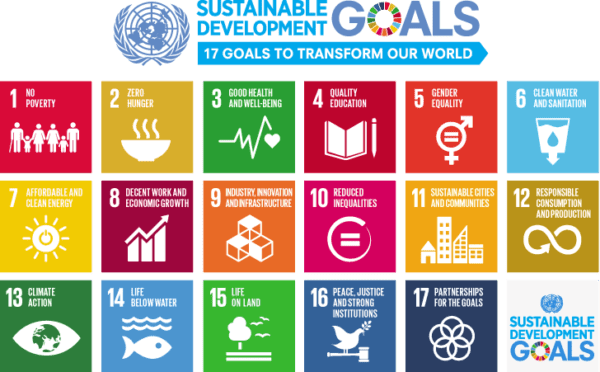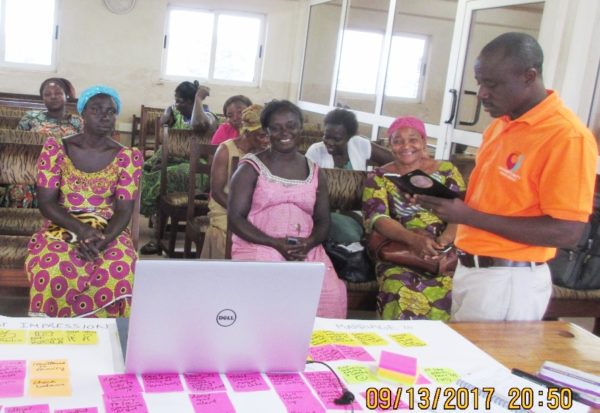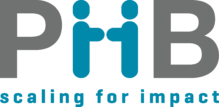
PHB working through the lens of the SDGs
PHB Development is a social enterprise offering increasingly diverse services around the world: Sub-Saharan Africa, South Asia and the Pacific — and more. While financial inclusion is at the core of our business, we are expanding into agricultural value chains and financial inclusion for refugees.
The financial inclusion sector is realizing the value of applying the UN Sustainable Development Goals (SDGs) as a way to shape activities, and PHB embraces this direction. Here’s a look at a few of our activities that correspond with selected SDGs.
SDG 1 No Poverty: As of 2015, about 736 million people still lived on less than US$ 1.90 a day. (undp.org).
PHB Development has a project selection methodology to ensure we work on projects that have the highest positive impact on the livelihoods of the poor. Once allocated on these projects, we have developed tools that custom make products and services for low-income people:
- Human-centric design to meet customers’ needs and provide maximum benefit
- “Rapid prototyping” to test a new product and its features with customer input
- Value proposition mapping and business case development for the low-income segment
- Improved customer education using visual aids to support less literate customers using mobile devices
As a result, improved agriculture leases, education loans, consumer loans, and housing loans lead to wider implementation of DFS, with far-reaching impacts on the local economic cycle.
SDG 2 No Hunger: Progress involves promoting sustainable agricultural practices: supporting small scale farmers. (undp.org).
Digitizing agriculture value chains is one way of applying technology to help improve overall crop production and improve the functioning of agricultural supply systems for smallholder farmers in developing countries. PHB has been working to support efficiency in the agriculture sector through DFS. For example, in the maize value chain in Uganda – from crop production, processing, and trading, to final consumption – PHB consultants are designing digitization strategies to benefit farmers and their workers, as well as merchants and other actors in the value chain.
SDG 5 Gender Equality: Ending all forms of discrimination against women and girls is also crucial to accelerating sustainable development. (undp.org)

PHB has been working in Papua New Guinea with Women’s Micro-Bank Limited in a partnership with UNCDF’s Pacific Financial Inclusion Programme (PFIP). The Mama-Bank Access Points branchless banking project is bringing financial services to women in rural areas who are not able to afford the time and costs of travel to distant bank offices. And in Ghana, with support from PHB Development, Opportunity International developed a set of women-focused training materials with an emphasis on creating a safe space that welcomed questions to support customers to build digital literacy.
SDG 10 Reduced Inequalities: Facilitating the safe migration and mobility of people is one of the keys to bridging the widening divide. (undp.org)
Financial inclusion for the displaced is an area of focus for PHB, for example through our work in Ethiopia with the Ministry of Finance and the World Bank in the Productive Safety Net Program, that enabled social transfers through digital services. PHB has also worked with CGAP and GIZ Jordan to provide DFS for Syrian refugees in Jordan, by implementing a secure method of transfer remittances.
Be sure to listen to our podcast Episode 2 on GIZ and inclusion for refugees in Jordan!
PHB is increasing efforts to ensure that SDG impact in interwoven in all our activities. From project selection to project execution, we believe in the importance of this approach for social impact. We will provide updates on our progress, as communication of work on SDGs is also important to help increase synergies in the global community.
Stay Connected
Launch
